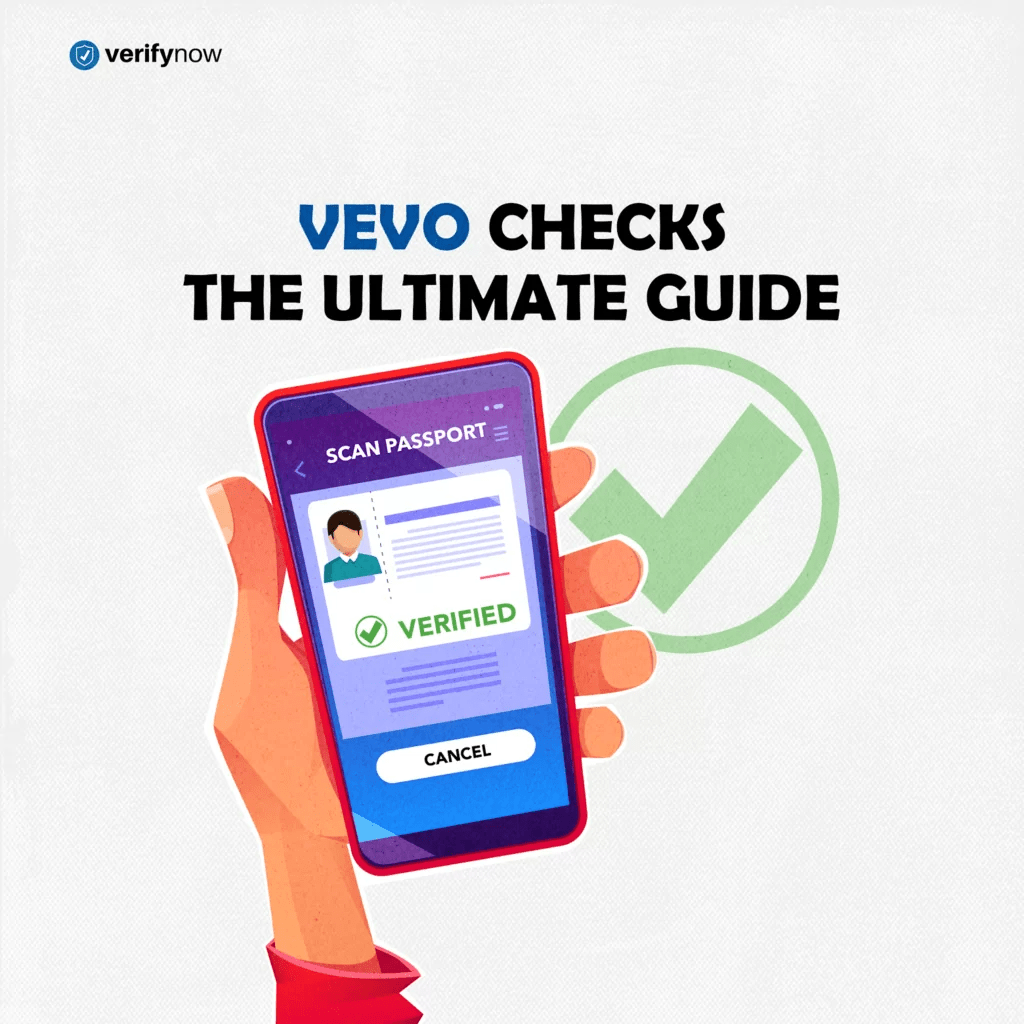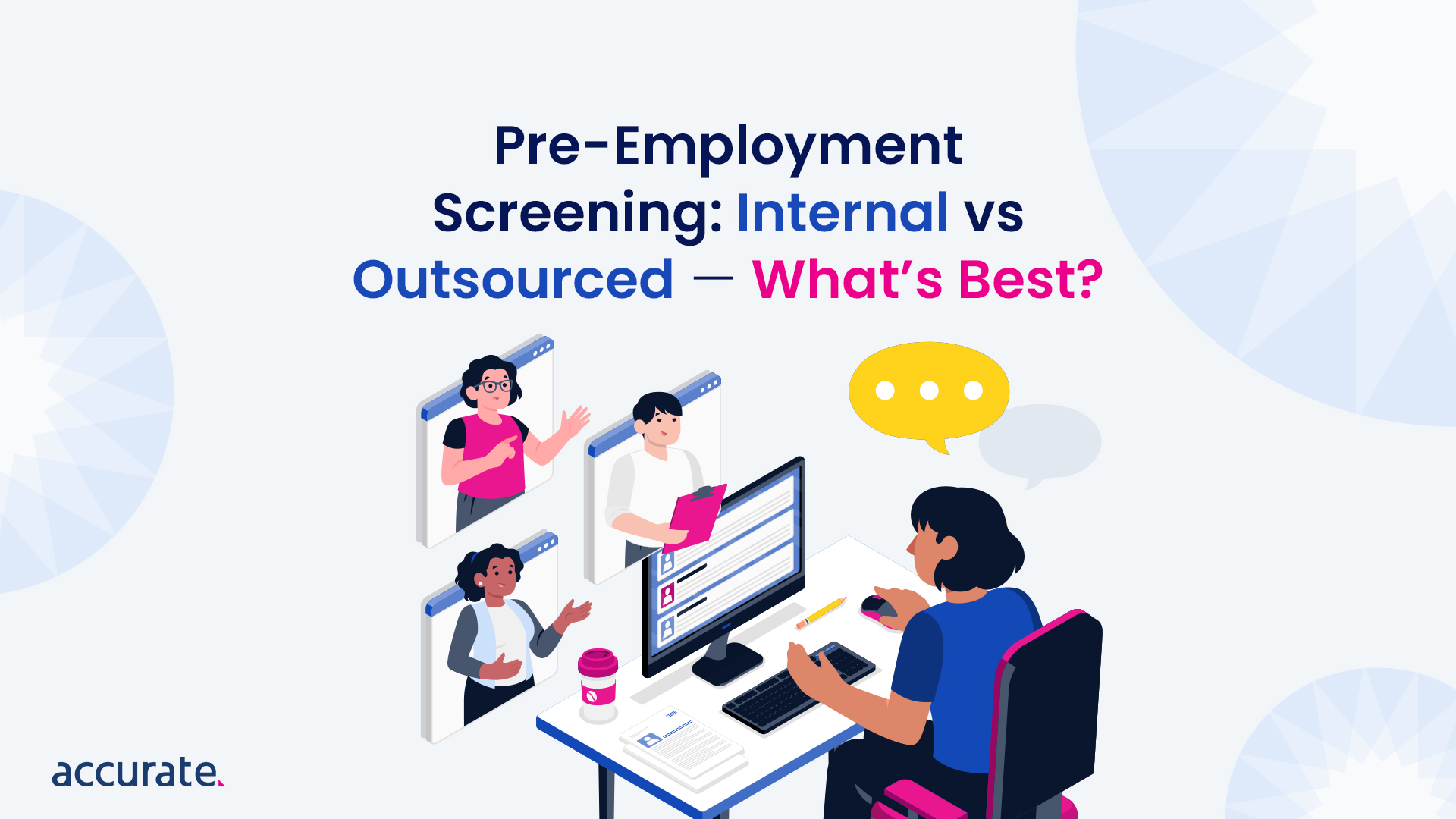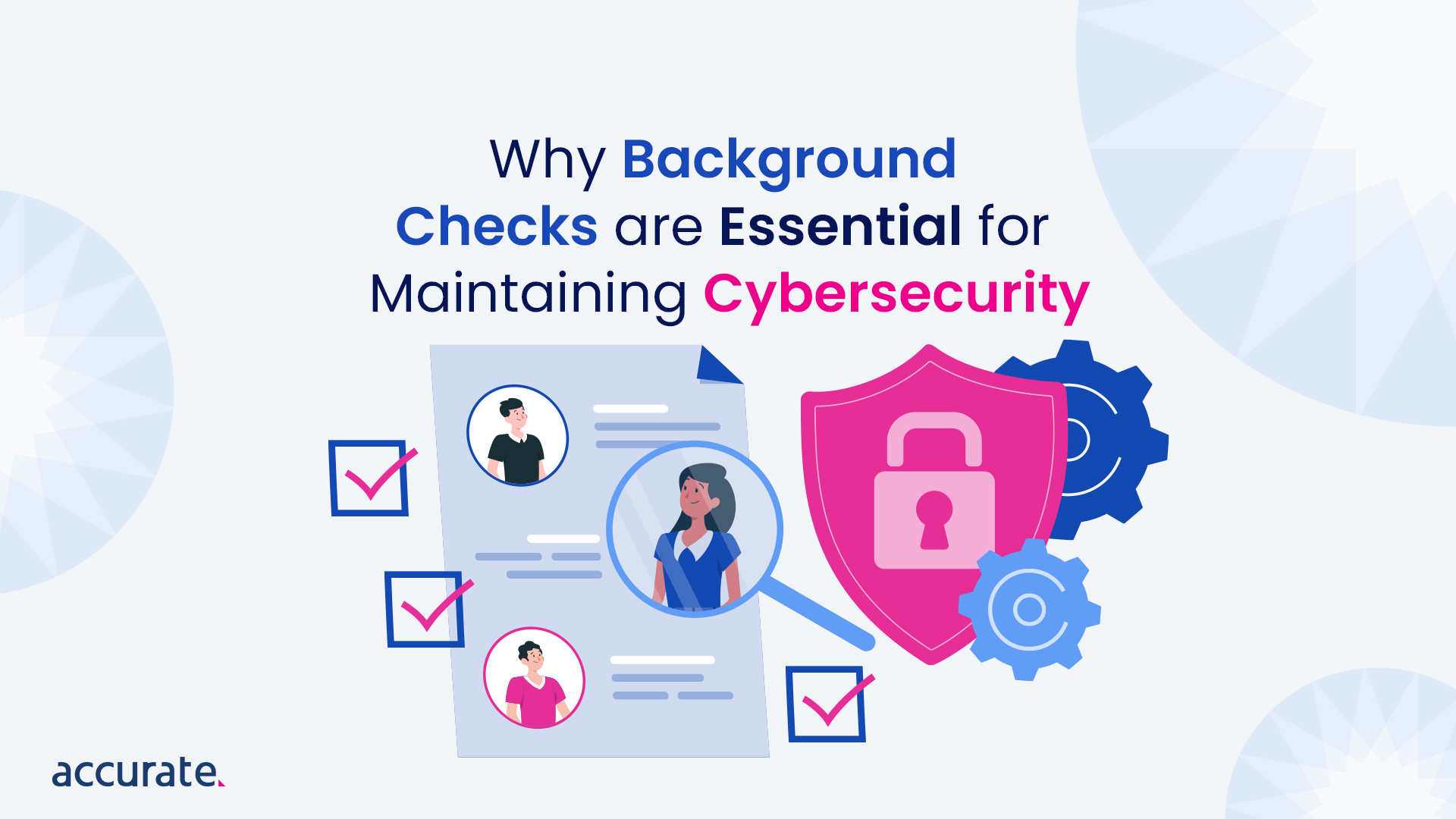As any business owner knows, hiring the right employees is essential to a company’s success. Not only do they need the necessary skills and experience, but they also need to be a good fit for the company culture.
Conducting pre-employment checks is one way to ensure that you are making the best hiring decisions. These checks can vary depending on the employer, but they may include reference checks, criminal background checks, and other qualification reviews.
In some industries, there are also certain mandatory checks that hiring managers must conduct. For example, you need to conduct ASIC checks and a National Police Check in the finance industry. Education providers hiring new candidates must also ensure they receive the Working with Children Check.
Another review always recommended across every industry is the ‘VEVO’ checks.
VEVO stands for Visa Entitlement Verification Online, and it is a system that allows employers to check the working rights of the people who have applied for a job.
Here’s what you need to know.
What are VEVO Checks?
If you’re hiring non-Australian citizens, you’ll need to do a VEVO check to ensure the candidate has the correct visa or substantive visa entitlements for them to receive employment in Australia. Also often referred to as a “Right to Work” check, this helps you, as the hiring manager, verify that your candidates are legally allowed to work in the country, which ultimately protects your business from being inadvertently complicit in illegal employment.
How Does a VEVO Check Work, and Where Can You Get One?
You can conduct a VEVO on the Department of Home Affairs website. The form will prompt you to answer a few questions and conditions online that require you to obtain some information from the candidate, including their:
- Passport or ImmiCard number (the Australian government issues ImmiCards visa holders that don’t hold recognised passports)
- Date of birth
- Passport’s issuing country (if applicable)
- Visa details such as the visa grant number
- Transaction reference number (TRN)
- Visa evidence number (if the candidate received a hard copy of the visa, not an electronic visa online)
Once you’ve answered all the relevant questions, they’ll produce a report that details the candidate’s visa status along with the following information:
- The visa that the candidate is currently using to enter Australia
- The expiry date of the visa and “must not arrive after the” date
- The visa conditions (i.e. the legal conditions upon which Home Affairs granted the visa)
- The limitations on the visa
- The number of hours the visa holder is allowed to work (if applicable) depending on the type of visa they’re currently holding
You can then use the pertinent visa details and conditions to establish whether or not your candidate has the right to work in Australia.
If you don’t receive any information from the candidate’s VEVO check, it’s likely that their visa is not in effect or has expired. There are, however, exceptions to this. For example, a person who immigrated to Australia before 1990 and hasn’t left Australia since that date generally doesn’t have a VEVO record.
In these instances, candidates must apply to create their VEVO record.
Candidates can read more about the application on the Department of Home Affairs website.
VerifyNow offers an efficient and comprehensive VEVO check service, amongst other background check services, that helps employers to quickly and securely verify the immigration status of prospective employees.
What Employees Need VEVO Checks?
While VerifyNow recommends conducting VEVO checks on all potential new employees as part of a comprehensive background screening policy, the government only mandates conducting VEVO checks on candidates who are unable to confirm that they are:
- Australian citizens (i.e. they have an Australian citizenship certificate and/or an Australian passport)
- Australian permanent resident
- New Zealand permanent resident
What are the Risks and Consequences of Not Complying with VEVO Checks?
If you don’t run a VEVO check on employees who fail to fall into one of the three categories listed above and they don’t have the right to work in Australia, your business could face some pretty hefty fines.
The Department of Home Affairs currently imposes fines of up to $315,000 on companies found to have illegally employed a candidate. Other penalties may apply if you hire the candidate with full knowledge that they were not legally allowed to work in Australia.
Candidates can also receive fines of up to $63,000.
What Industry Sectors Should Consider Conducting a VEVO Check?
There are no specific industries that the Department of Home Affairs singles out to conduct VEVO checks. Instead, they encourage organisations in all sectors to conduct VEVO checks on potential candidates to mitigate the risk of employing anyone without the right to work in Australia.
If you run a business in one of the following industries, Accurate Australia recommends that you conduct VEVO checks:
What Happens If Someone’s VEVO Check Shows They Don’t Meet the Requirements to Work in Australia?
Suppose a candidate’s visa checks show they don’t meet the requirements to work in Australia. In that case, you should check your organisation’s internal background screening policy and Australian legislation to determine the next steps.
It’s possible that the individual has a visa but is in the wrong class for their specific line of work. In this case, the employer should seek guidance from the Department of Home Affairs, whose website lists all visa statuses and their requirements.
If the individual doesn’t have a valid visa, they’ll need to apply for one before they can legally work for your organisation.
How Often Should You Check Employee Visa Details & VEVO Statuses?
If the results of your candidate’s VEVO check are favourable and they have an indefinite right to work in Australia, then a once-off check before you hire them is sufficient. If the candidate has a bridging visa (or a temporary visa), and there is no indication of when the visa expires, the Department of Home Affairs suggests conducting a VEVO check every three months or as determined by the employer. This ensures all employee visa information is up to date and removes the risk of an illegal worker in your organisation.
How Do I Ensure My Employees Meet all Legal Requirements?
While conducting a VEVO check can mitigate the risk of hiring someone who doesn’t hold the necessary rights to work in Australia, it shouldn’t be the only pre-employment check you perform.
Your best bet at hiring someone who meets all the legal requirements of working in Australia and is a good fit for your organisation is to create a screening framework for all new recruits. Accurate Australia offers a comprehensive pre-employment screening service that can help you develop and customise a screening framework for your company in a fast and convenient way.
Alternatively, you can outsource all your screening requirements to us. We offer a full range of screening services to help you find the best candidates.
If you would like to find out more, get in touch today.
Key Takeaways
VEVO is an online system that allows employers to check an employee’s entitlement to work in Australia. Hiring staff can conduct VEVO checks for both Australian citizens and eligible visa holders in a range of different industries.
To conduct a check, employers simply need to enter the employee’s name, date of birth, and passport number into the system. VEVO will then return a report indicating the employee’s entitlement to work in Australia.
Hiring staff and HR professionals should incorporate these VEVO checks as part of their broader pre-employment policy to ensure they’re hiring suitable candidates for their organisation.



